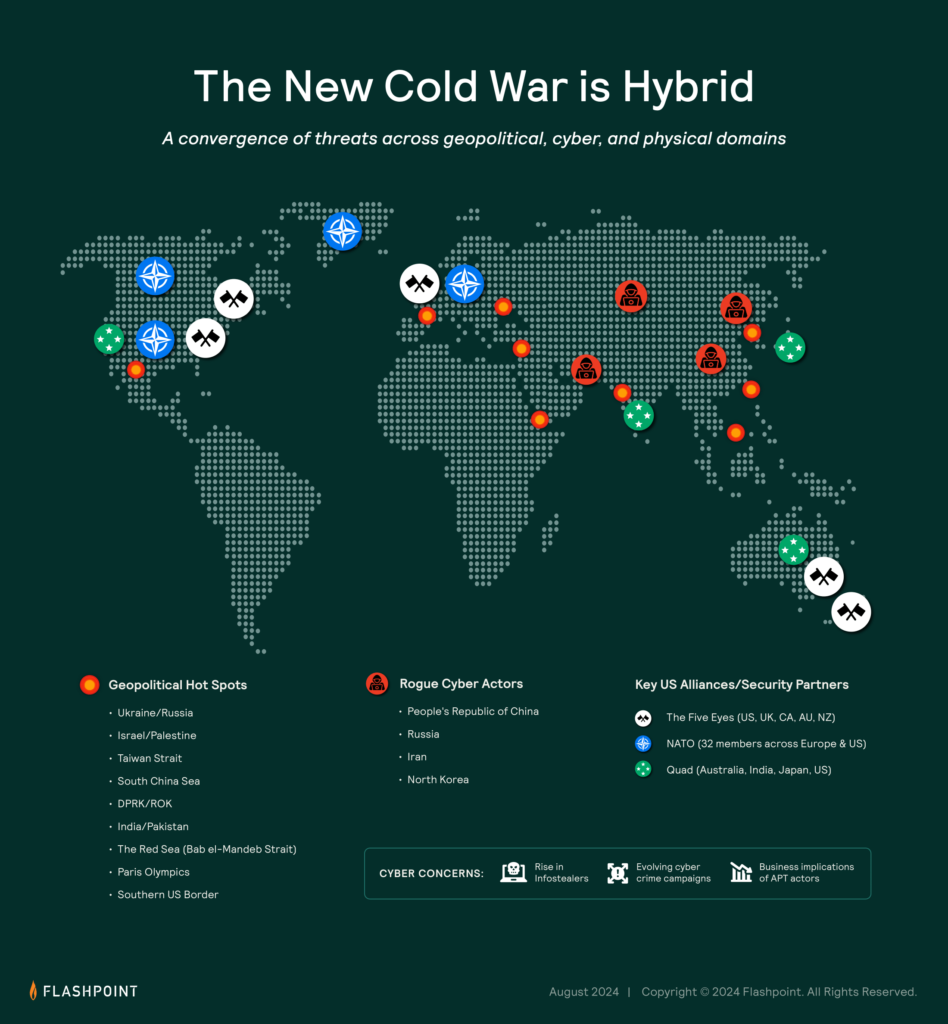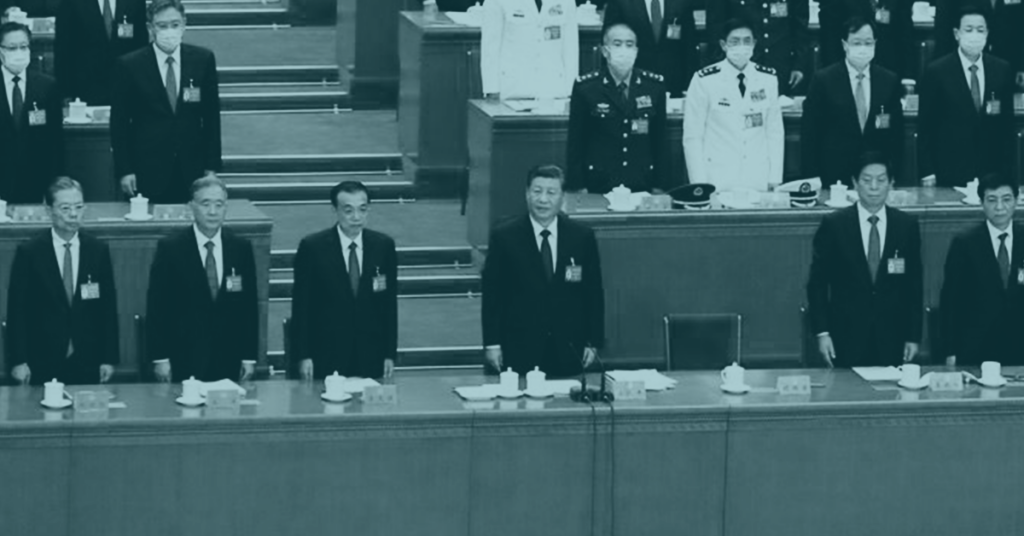KEY TAKEAWAY
Power and Taiwan.
During the Chinese Communist Party’s 20th National Party Congress, a crucial political event that occurs only once every five years, two themes emerged: consolidation of power and unification with Taiwan.
The Chinese Communist Party’s 20th National Party Congress (NPC) wrapped up this week, when President Xi secured an unprecedented third term in office. The NPC spanned one week but Beijing only granted media for a couple days. During that time, two themes emerged: consolidation of power and Taiwan.

The Taiwan Question
On October 16, Chinese President Xi Jinping convened China’s 20th National Party Congress—a crucial political event that occurs only once every five years—with opening remarks lasting approximately two hours. These remarks focused primarily around President Xi’s conception of “the rise and fall of China”—the Party as the spearhead for China’s rise, and, consequently, the Party’s dual role of preventing the fall of China. Remarks around China’s foreign policy remained notably confined to very specific mentions of Hong Kong and the “Taiwan question,” while other important foreign policy events including the Ukraine war were notably absent.
President Xi’s rhetoric around Taiwan is likely the most significant tenet of his speech, which was reserved for the latter half of his remarks. In outlining what was described as the “Taiwan question,” President Xi notes that China has an active “policy framework” in place for the reunification of Taiwan in the new era. Taiwan, said Xi, is China’s matter to decide: “中国人自己的事, 要有中国人来决定.”
Codifying Unification
Xi’s opening-day statements appear to have been directed solely at “external forces.” He emphasized that though China will first seek peaceful measures, it will “never promise” to renounce the use of force, and reserves the option to “take all options necessary” to achieve national reunification, warning that “complete reunification must be realized and it can be realized.” President Xi additionally noted that these statements are directed “solely” at outside forces seeking Taiwan independence, and are not targeted towards the Taiwanese people.
Later, on October 22 during closing sessions of the 20th NPC, President Xi officially codified China’s opposition to Taiwan’s independence into its constitution, stating that it “resolutely opposes” and deters “separatists” from seeking Taiwan’s independence. This is the first notable written inclusion of an opposition to Taiwan’s independence in China’s constitution.
Hu Jintao Removed from NPC
On the same day, former Chinese President Hu Jintao made national news, following what appeared to be a forced exit out of the closing ceremony of China’s 20th National Party Congress. Photos and videos taken inside of the arena appear to show Hu being forcibly removed from his seat next to President Xi, sparking significant international discussion.
Taiwan, said Xi, is China’s matter to decide: “中国人自己的事, 要有中国人来决定.”
Though official commentary around the incident remains limited—the official Party media mouthpiece Xinhua stated that former President Hu was “not feeling well”—China analysts have speculated the cause of Hu’s removal, including that the move may have signified an official Party purge of former President Hu by President Xi after securing his third term in office. The incident has been officially censored from Chinese news and social media.
Xi Appoints Loyalists
Though the jury’s still out on exactly why Hu was removed, answers may come further into focus in considering former President Hu Jintao’s historical connection to China’s Youth League faction, a political faction of the CCP which President Xi perceives as his rival. Not only was Hu removed from the NPC, but President Xi also has removed, or failed to appoint, any persons with ties to China’s Youth League faction. This is the first time in over 40 years that a China Youth Faction member has not been appointed to the PSC.
On October 23, the day after Hu was removed, some of President Xi’s closest allies were announced as new members of China’s top decision-making body, the Politburo Standing Committee (PSC). These men are considered closest to President Xi, and do not pose a threat or challenge to his rule.
- Li Qiang. The former Governor of Zhejiang is expected to be the new Premier—China’s second most powerful leader—following the expected retirement in March of the current Premier, Li Keqiang. Li Qiang is most notable for spearheading Shanghai’s zero-COVID policies and will likely be a key implementer for Xi’s upcoming economic plans.
- Cai Qi. Beijing’s Party Chief, who has worked with President Xi in other official capacities for more than 20 years, including in the Fujian and Zhejiang provinces, is now a member of the PSC, China’s legislative body.
- Ding Xuexing (President Xi’s “chief of staff”) and Li Xi (Guangdong’s Party Chief), along with returning members Zhao Leji and Wang Huning, also sit on the PSC.
Get Flashpoint APAC Intel on Your Side
To see firsthand how Flashpoint can help your organization access critical information and geopolitical insight into APAC, including events like the China’s NPC, sign up for a free trial today.


